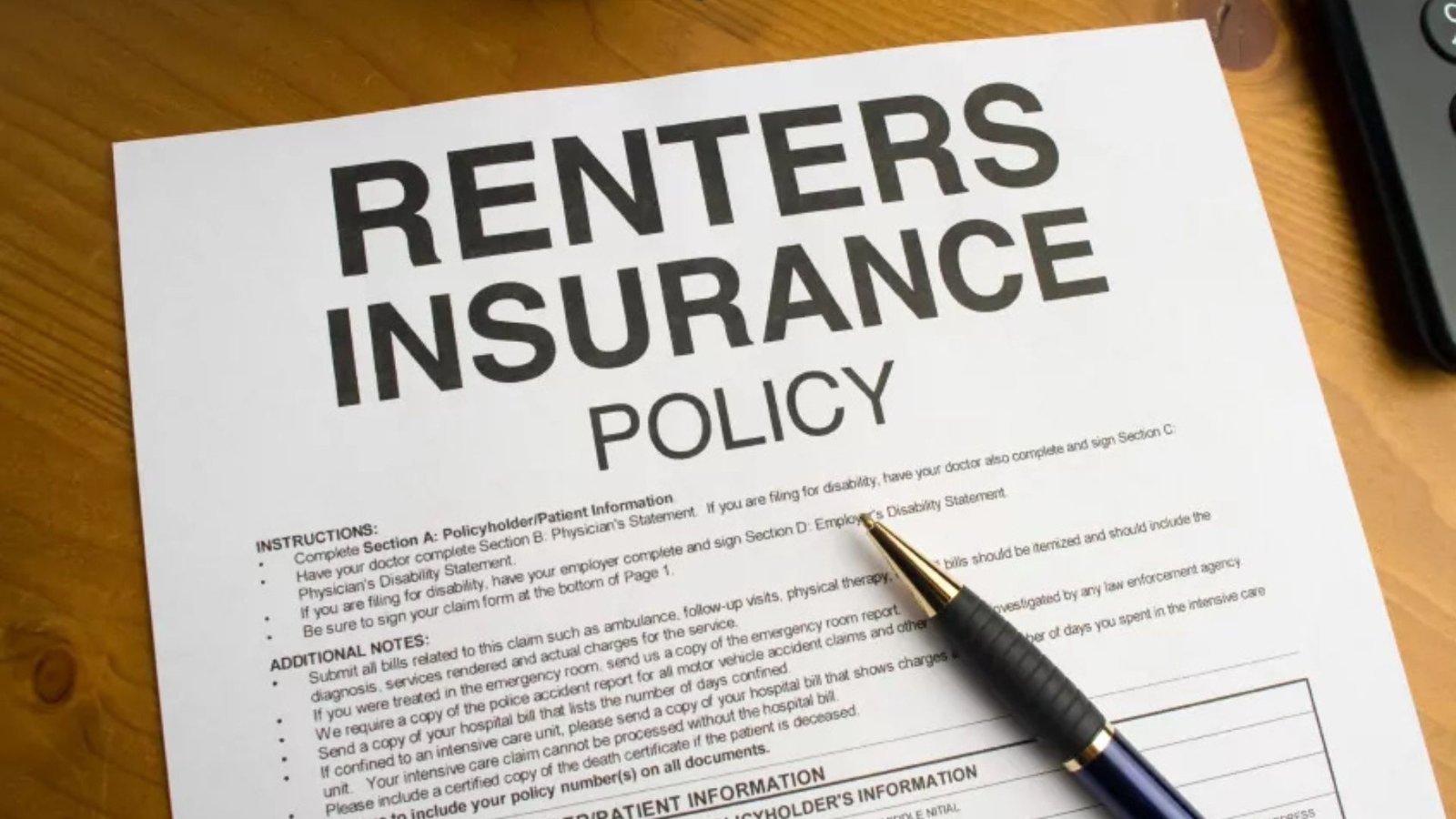Insurance is essential for protecting yourself, your loved ones, and your belongings from unexpected events. However, with so many types of insurance available, it can be hard to know which one you need. In this article, we’ll explain the different types of insurance and help you understand how each one works.

1. Health Insurance
Health insurance is one of the most important types of insurance you can have. It helps cover the costs of medical expenses, including doctor visits, hospital stays, surgeries, and prescription medications. Without health insurance, healthcare costs can quickly become overwhelming.
- Individual Health Insurance: For those who are not covered by an employer or government program.
- Family Health Insurance: A plan that covers all members of your family.
- Employer-Sponsored Health Insurance: Many employers offer health insurance plans to their employees as part of their benefits package.
Having health insurance ensures that you can access the care you need without facing massive medical bills.
2. Auto Insurance
Auto insurance is mandatory in most places and is designed to protect you and others when you’re driving a vehicle. It covers the costs of damages or injuries caused by an accident.
Key components of auto insurance include:
- Liability Coverage: This covers the costs if you’re at fault in an accident and cause damage or injury to someone else.
- Collision Coverage: Pays for damage to your car after a crash.
- Comprehensive Coverage: Covers non-collision events, like theft, vandalism, or natural disasters.
- Personal Injury Protection (PIP): Helps with medical costs if you’re injured in a car accident.
Auto insurance is essential for protecting both your finances and the safety of others on the road.
3. Homeowners Insurance
Homeowners insurance is designed to protect your home and personal belongings from damages caused by events like fires, burglaries, or storms. It also provides liability coverage if someone is injured while on your property.
- Dwelling Coverage: Covers the structure of your home.
- Personal Property Coverage: Covers your belongings, like furniture and electronics.
- Liability Protection: Helps protect you financially if someone is injured in your home.
Homeowners insurance provides peace of mind, knowing your home and belongings are protected in case of unexpected damage.
4. Life Insurance
Life insurance provides financial protection for your family in the event of your death. It pays out a lump sum to your beneficiaries, which can help them cover living expenses, pay off debts, or manage other financial needs after your passing.
Types of life insurance include:
- Term Life Insurance: Covers you for a set period, such as 10, 20, or 30 years. If you pass away during that time, your beneficiaries receive the payout.
- Whole Life Insurance: A permanent life insurance policy that provides coverage for your entire life. It also has a cash value component that grows over time.
Life insurance is essential for providing financial security for your loved ones after you’re gone.
5. Renters Insurance
Renters insurance is for those who rent a home or apartment. While your landlord’s insurance covers the building, it doesn’t protect your personal belongings. Renters’ insurance can help cover:
- Personal Property: Protects your furniture, electronics, clothing, and other personal items.
- Liability Coverage: Helps cover costs if someone is injured in your rented home or apartment.
- Additional Living Expenses: Covers temporary living costs if your rental property becomes uninhabitable due to a covered event (e.g., fire).
Renters insurance is affordable and helps protect your belongings from unexpected situations.
6. Disability Insurance
Disability insurance provides income replacement if you become unable to work due to illness or injury. This type of insurance helps ensure you have a steady income while you’re unable to work and recover.
There are two main types of disability insurance:
- Short-Term Disability Insurance: Provides coverage for a temporary period, often up to six months, while you recover from an injury or illness.
- Long-Term Disability Insurance: Offers coverage for a longer duration, such as several years or until you reach retirement age.
Disability insurance is important for protecting your income if you are unable to work due to health reasons.
7. Travel Insurance
Travel insurance protects you while traveling, covering a variety of situations, from trip cancellations to medical emergencies abroad. It can also cover lost luggage, delayed flights, and other unexpected issues that may arise during your travels.
Some types of travel insurance include:
- Trip Cancellation Insurance: Reimburses you if you have to cancel your trip due to illness, weather, or other covered reasons.
- Medical Coverage: Helps with medical expenses if you get sick or injured while traveling internationally.
- Baggage Insurance: This covers the loss or delay of your luggage during your trip.
Travel insurance is especially helpful when traveling internationally or to places where you might need medical assistance.
8. Pet Insurance
Pet insurance helps cover the costs of veterinary care for your pets. It can help pay for treatments, surgeries, medications, and other health-related expenses for your animals.
- Accident and Illness Coverage: Helps cover unexpected vet bills for accidents or illnesses.
- Wellness Coverage: Helps with routine vet visits and preventive care like vaccinations.
- Emergency Coverage: Covers emergency care, including surgeries or treatments for serious conditions.
Pet insurance helps ensure your pets get the care they need without overwhelming your budget.
9. Umbrella Insurance
Umbrella insurance provides extra liability coverage on top of your existing policies, such as auto and homeowners insurance. It can protect you from significant financial losses in the event of a major accident or lawsuit.
Umbrella insurance is typically used when you need more liability coverage than what is offered in your primary insurance policies.
Conclusion
Understanding the different types of insurance is essential for protecting yourself, your loved ones, and your assets. Whether it’s health, auto, home, or life insurance, each type of coverage plays an important role in providing financial security. By carefully assessing your needs and selecting the right insurance policies, you can ensure that you’re well-prepared for unexpected events in life.











